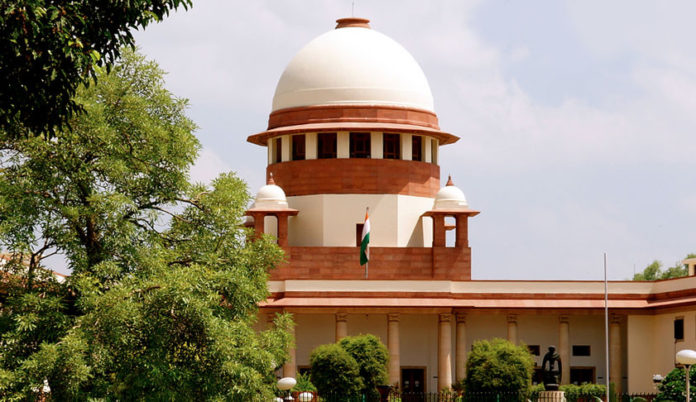It was on Tuesday that the SC made an important announcement that would drastically help in empowering Hindu women and expanding their right to familial/ancestral property. The decision of the Supreme Court is extremely important here because it will now give Hindu women the rights to become legal heirs and inherent their ancestral property on equal terms with their male counterparts.
The three-judge bench which is responsible for bringing the announcement to the pubic was headed by Justice Arun Mishra and the bench ruled that now every Hindu woman has the right to inherit the ancestral property irrespective of whether her father was alive in 2005, when the law first came into being. Traditionally, the Hindu law allows only males to be legal heirs of ancestral property and the law applies to everyone who is not a Muslim, Parsi, Jew or a Christian. The law includes Sikhs, members of Brahmo Samaj, Arya Samaj, Jains into the ambit of the scope of applicability of the law.
Women only came to be recognised as joint legal heirs for partition of property from 2005 onwards. Section 6 of the Act had also been amended in 2005 to make daughters legal heirs by birth in her own right in the same way as her male counterparts. The law was important because for the first time, it also gave daughters the equal right to ancestral property and access to the same rights and liabilities as she would have if she were born male.
But when the law came about in 2005, many people would raise questions about whether the law would apply to women irrespective of the father being alive or dead in 2005, because it would be through the father that she would inherit property. The various benches of the Supreme Court had diverse views on the issue and there was rampant conflict on the issue.
It was due to the confusion and conflicting views put forward by various benches that the three-judge bench was made in the current case and now this bench has finally erased all confusions regarding the law and settled it down in many ways. It has also taken the ambit of the law forward and expanded the intention of the 2005 legislation. It now gives daughters from Hindu families equal rights in terms of ancestral property as their male counterparts. The Supreme Court has also appealed to the High Courts to dispose all the cases in this context which have been lying with them for months within the next six months.
The government has welcomed the expansion of the reading of the law and the allowing of equal rights to Hindu women in terms of inhering ancestral property.














